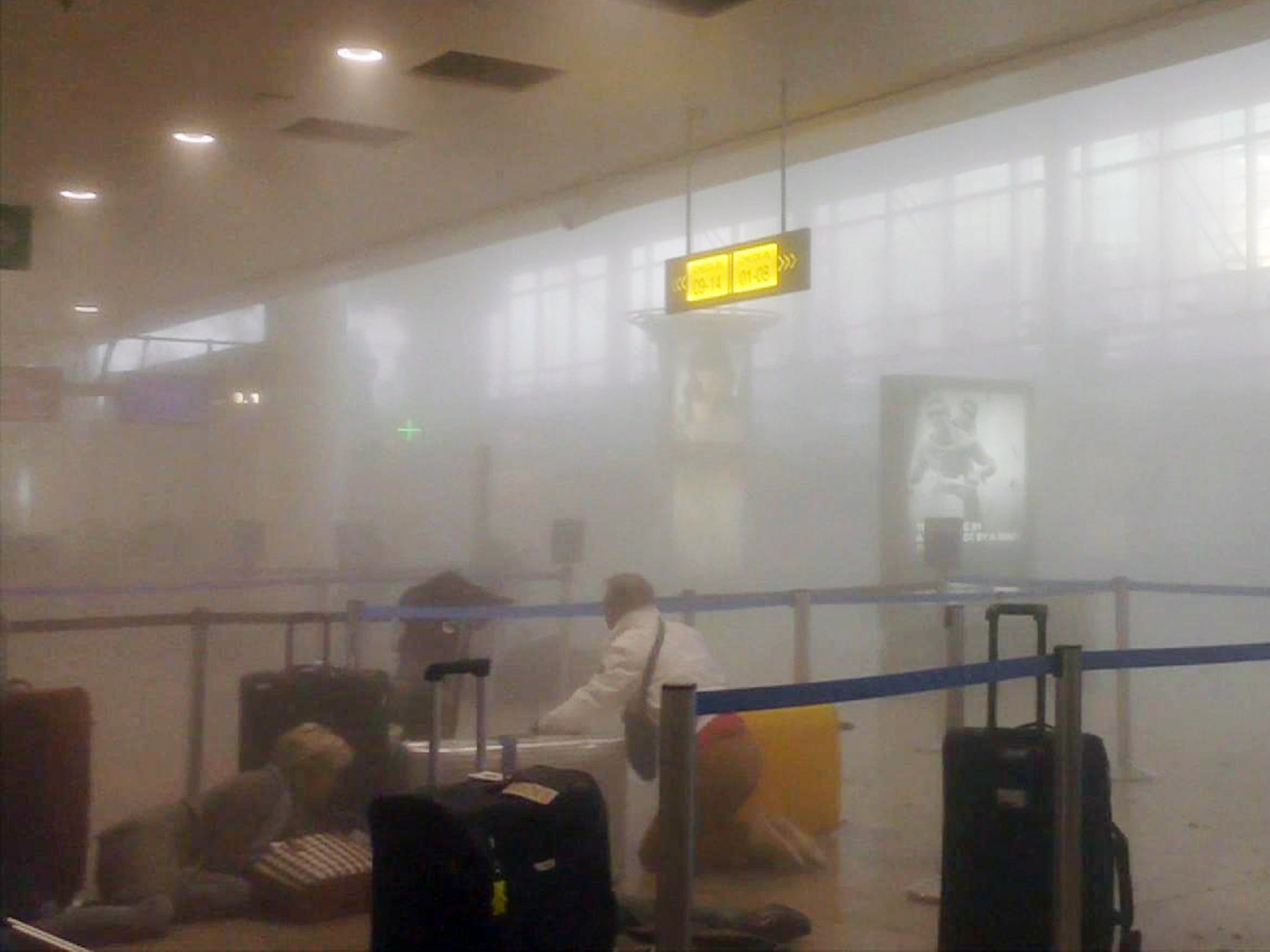Oussama Atar: Belgian Isis fighter hunted as possible mastermind behind Paris and Brussels attacks
Jihadi remains at large as French and Belgian authorities trace terror network

French investigators have identified the Isis member believed to have coordinated the Paris and Brussels attacks from Syria.
Oussama Atar, a 32-year-old extremist, was already a suspect in the bombings that killed more than 30 people at Brussels Airport and a Metro station, but has now been linked to last November’s atrocities in France.
“He’s the only coordinator from Syria to have been identified during the investigations,” a French security source told the AFP news agency.
Atar, who holds dual Belgian and Moroccan nationality, also goes by the name Abu or Abou Ahmad and was picked out of a photo line-up by one of the terrorists sent to Europe.
Belgian reports suggested he could be the mastermind of the Brussels attacks in August but he is now believed to have coordinated both operations from Syria.
Atar hired the two Iraqi suicide bombers who blew themselves up near the Stade de France, Le Monde reported, and is believed to have received plans for the Brussels attacks from a linked terror cell before they were launched on 22 March.
He is also related to Ibrahim el-Bakraoui, who detonated a suitcase bomb at Zaventem Airport, and his younger brother Khalid who detonated his device at Maalbeek Metro station.
“Atar is the mentor and cousin of the El Bakraoui brothers. He radicalised them through the internet,” a Belgian law enforcement official told Politico.
The extremist is reported to have travelled to the Middle East in 2002, claiming to work for a charity, but was arrested in the Iraqi city of Ramadi for illegally crossing the border from Syria in 2005.
His 25-year prison sentence was reduced to 10 on appeal, with Atar held in notorious jails including Abu Ghraib prison and Camp Bucca, where he reportedly met Abu Bakr al-Baghdadi, now the self-appointed “caliph” of Isis.
Following a campaign by his relatives and humanitarian groups, the Belgian government intervened to have Atar released and repatriated from Iraq.
He returned in 2012 and was arrested while trying to flee to Tunisia the following year, disappearing after his release.
An alert was sent to French intelligence agencies in June reporting he intended to travel to France via Albania upon his return from Syria.
But Atar remains at large, having been unsuccessfully targeted by terror raids including searches in March and August.
His younger brother, Yassine, was arrested in March on suspicion of terror offences, when with explosive residue found on his body.
European authorities are still attempting to uncover a network of Isis supporters linked to the Paris and Brussels attacks, as well as prevent new terror plots.
Several suspects remain in custody, including Paris facilitator Salah Abdeslam and Mohamed Abrini, who evaded capture after the November attack and later failed to detonate his bomb at Brussels Airport, where he became known as the “man in the hat” after being caught on CCTV.
Join our commenting forum
Join thought-provoking conversations, follow other Independent readers and see their replies
Comments
Bookmark popover
Removed from bookmarks